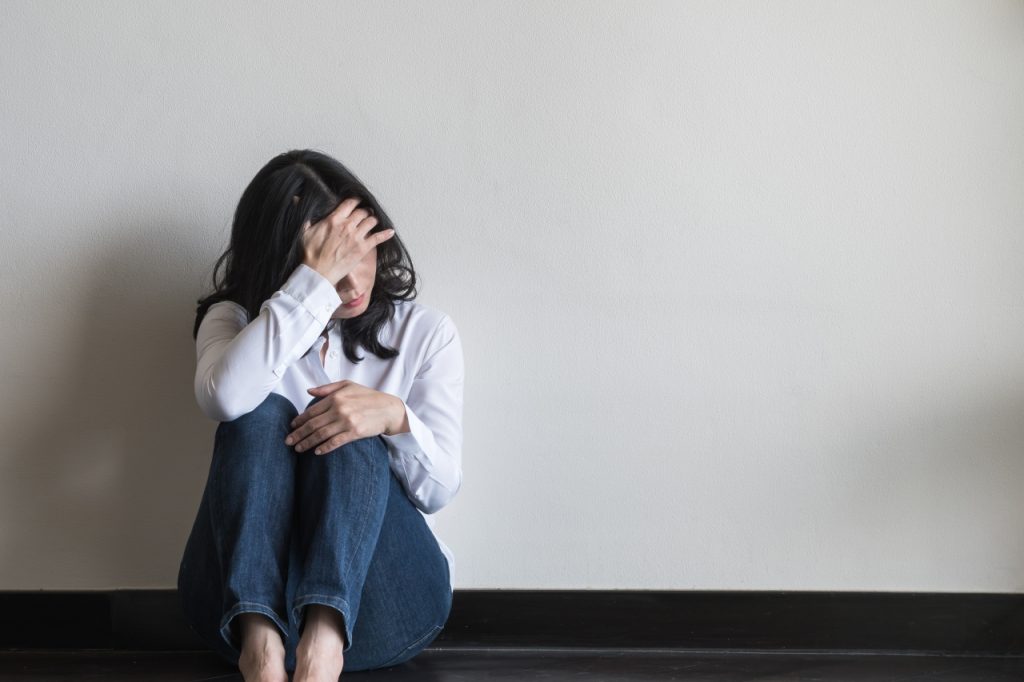
(NewsNation) — The demand for anxiety and depression treatment is so high that 60% of psychologists say they don’t have openings for new patients.
And nearly half say they haven’t been able to meet the demand for treatment, according to a new survey of 2,300 psychologists by the American Psychological Association.
“It’s been a difficult three years. So the stresses and the challenges have been accumulating for months for many, many individuals,” said Lynn Bufka, associate chief for practice transformation for the American Psychological Association.
The end-of-year holidays can make anyone feel depressed or anxious. But it’s especially dire for those with mental illness — 64% reported the holidays make their conditions worse in a National Alliance on Mental Illness survey — and the elderly, who are increasingly aging alone.
Meanwhile, hospitals and clinics are struggling with worker shortages, especially in rural areas.
Bufka appeared on NewsNation’s “Morning in America” on Monday to speak about the challenges of addressing the U.S.’s mental health crisis.
This interview has been edited for length and clarity.
NewsNation: The holiday season often leads to a rise of mental health support calls, but we’re seeing an even higher uptick than usual. Why are we seeing such an increase?
Bufka: In addition to all of the uncertainty with the pandemic, we’ve had significant economic uncertainty. All of that builds on families, builds on individuals, makes it hard for them to function. When people are distressed and overwhelmed and can’t get their needs met, many of them may report symptoms of stress and anxiety.
NewsNation: There’s a shortage for mental health professionals for teens particularly. What are our children experiencing right now?
Bufka: Kids are feeling the impact as well. The efforts to mitigate the spread of COVID really disrupted children’s lives, and they’re paying the price. So the cumulative effect of these changes has added up to impact how people are coping with the demands placed on them.
NewsNation: Nearly 1 million Americans over the age of 55 are aging alone without family. What’s your advice to maintain positive mental health during their latter years?
Bufka: American individualism, the desire to sort of be strong and do what we can, comes at a cost. If you haven’t been in contact with family or friends of late, reach out to them. Phone calls are wonderful ways of connecting with individuals and building that social support network.
If you’ve really lost touch with a lot of people, figure out ways to find new connections through community activities, volunteering for organizations that are important. Being engaged in your local world around you can make a big difference in terms of how we face the challenges and deal with what life’s throwing at us.

